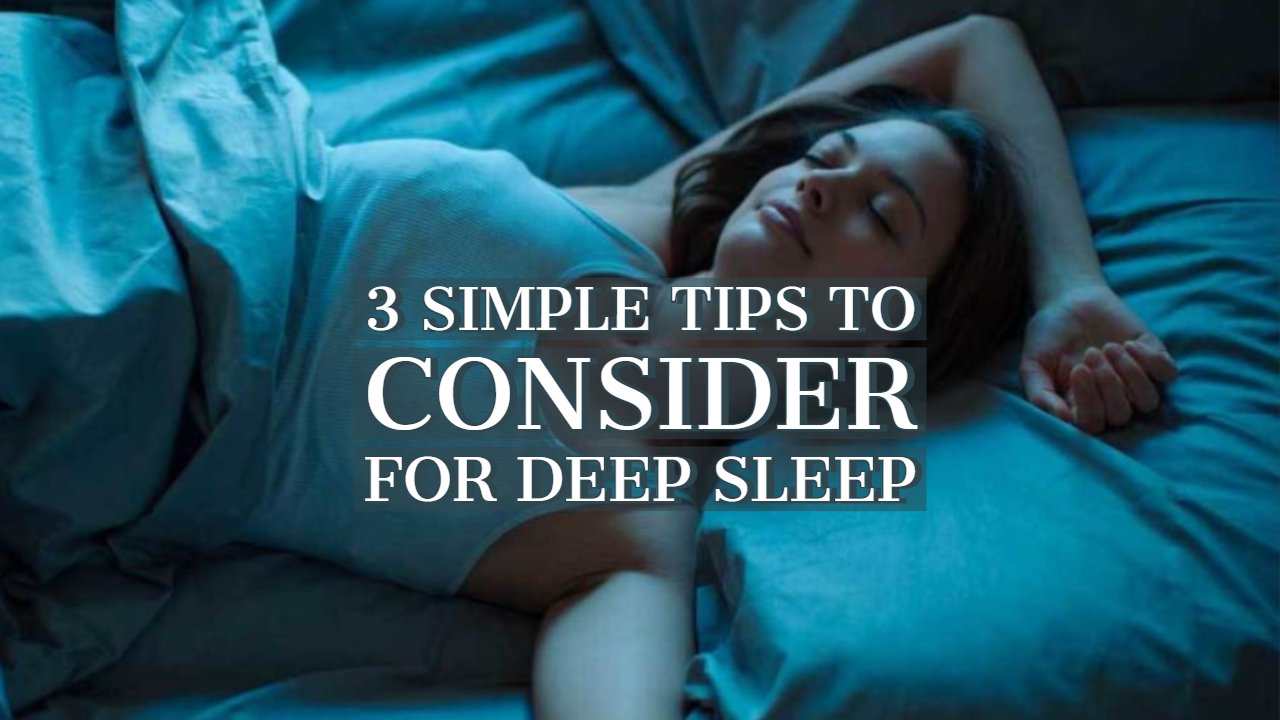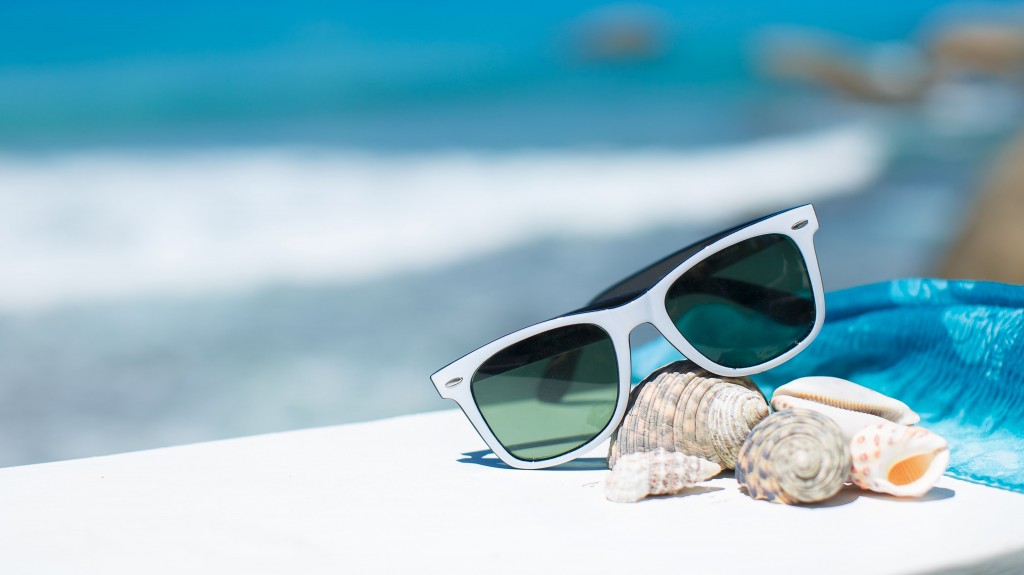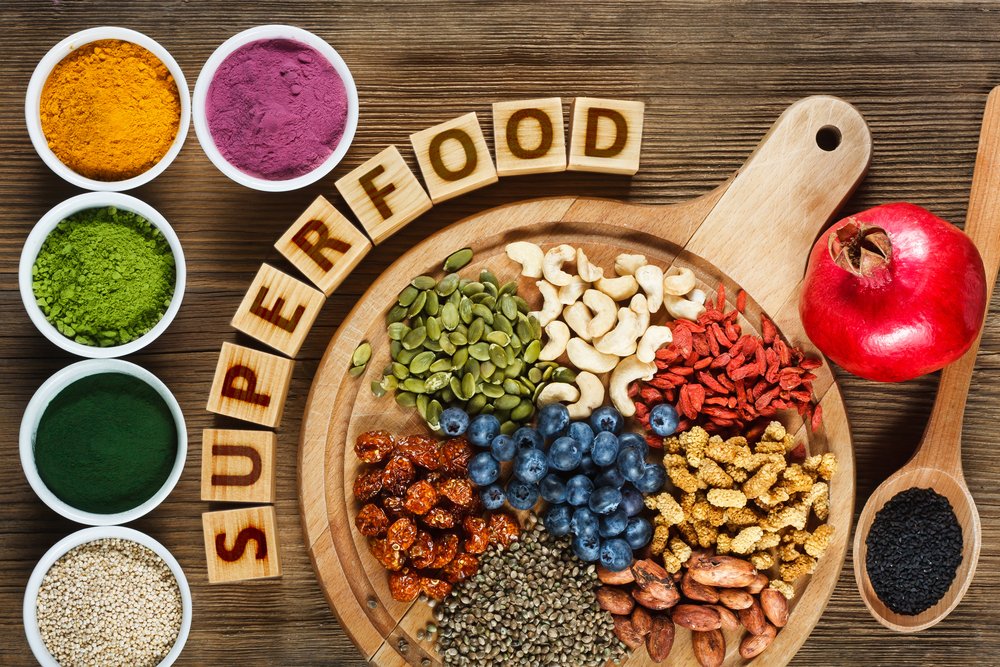Today we are going to talk about 3 hacks that you should try for your REM sleep.
1. Exposure To Light
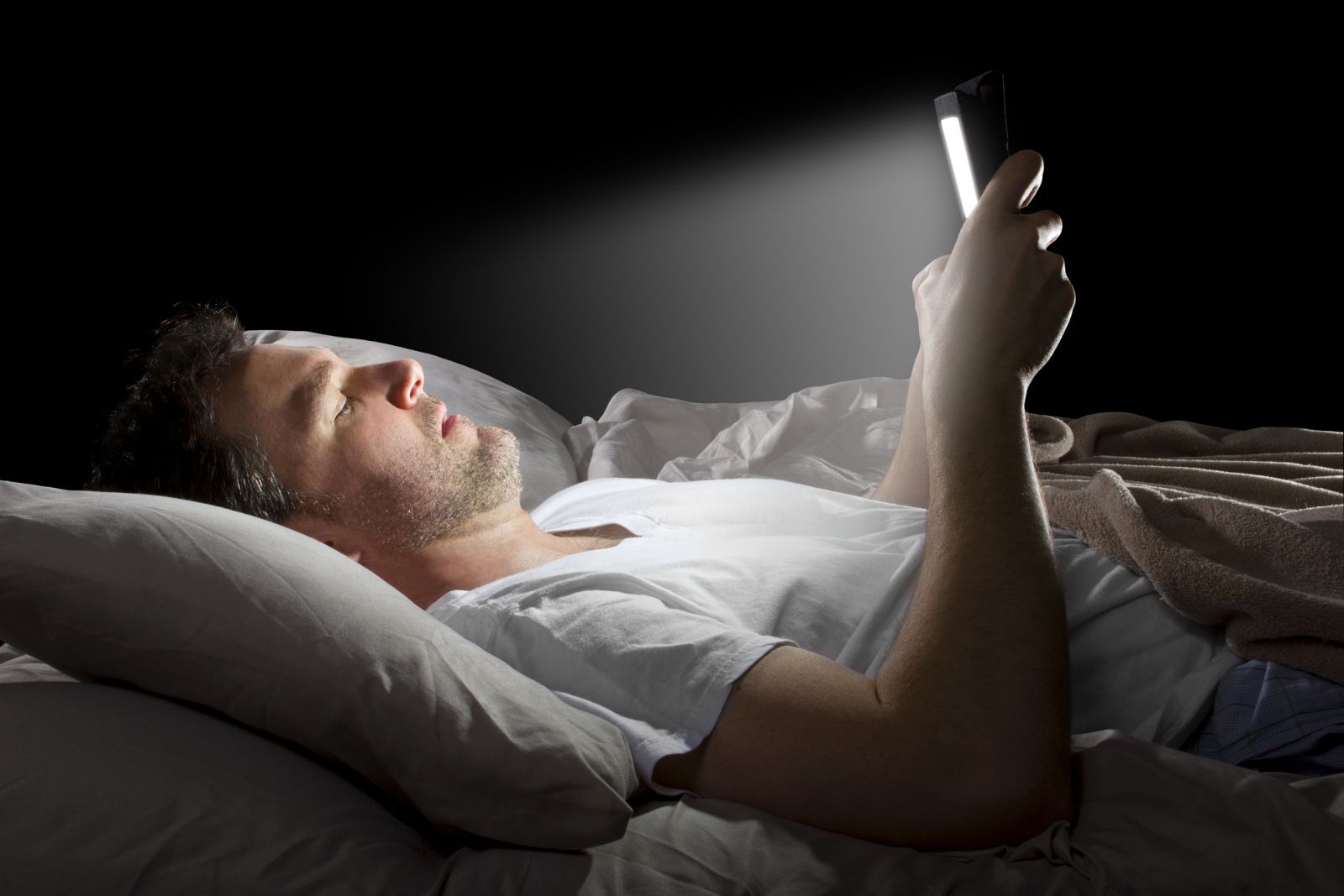
Light
Light is one of the most important factors that can affect your sleep in an external manner. And it can do it in two ways it can do it indirectly and directly.
Directly: It makes it tough for people to fall asleep. If the lights are on, then they are blaring in your eyes and on your face. It’s obviously a lot tougher to fall asleep than in pitch darkness.
Indirectly: It influences the timing of your internal clock. So the way that happens is if you basically are surrounded by a lot of light but it’s night time your brain is automatically associating it with daytime. So it thinks that it needs to stay awake, stay alert, and stay on top of its game. That room is extremely dark and it’s daytime to get got the blind and the shutters closed and all that stuff and curtains down. Whatever the case is your brain’s going to automatically start associating it with darkness with being tired and getting ready to go to bed.
Light and internal clocks
Light influence the internal clock using specialized light-sensitive cells that appear in the retina of our own eyes. So basically when we see light, the light flashed into our retina and our eyes and then our eyes have a brain wave that’s connected directly with our brain that automatically tells our brain whether it’s dark or it’s light, whatever the case is. And based on that the brain reacts and adjust to that situation.
We’re exposed to much more light nowadays because of light bulbs and this wasn’t the case hundreds of years ago. So people weren’t constantly exposed to different lights and stuff like that. So their internal body clocks were much easier to follow and the people were falling asleep much more naturally.
Light and sensitivity to it are sure to affect the patterns of your sleep. So if you have a lot of lights or stuff like that in your room or in the area where you’re falling asleep is definitely an effect the way that you fall asleep. The patterns that you follow when you sleep. So your sleep isn’t going to be as crisp and as good as it might have been otherwise.
Exposure to light and night causes us to sleep later. So if you’re spending a lot of time at night watching TV with the lights on or at some kind of event or some kind of place where it’s brightly lit tons of lights tons of stuff all that good stuff. It’s going to cause you to sleep much later at night. So that’s something that you definitely want to be careful with and be really focused on.
Controlling light
If you want to get higher quality sleep. You need to not only control the lighting in the room where you sleep. But also the light that you expose yourself to your eyes an hour before you go to bed.
So basically what this essentially means is the area around you should be dark and it should be thin and it should be a proper place for your brain to be able to look and say “OK, this is my time to shut down this is the place I’m sleeping.”
Then secondly, an hour before you go to bed you don’t want to be outside with bright disco lights or anything like that any bright lights and stuff like that you want to avoid.
2. Body Temperature
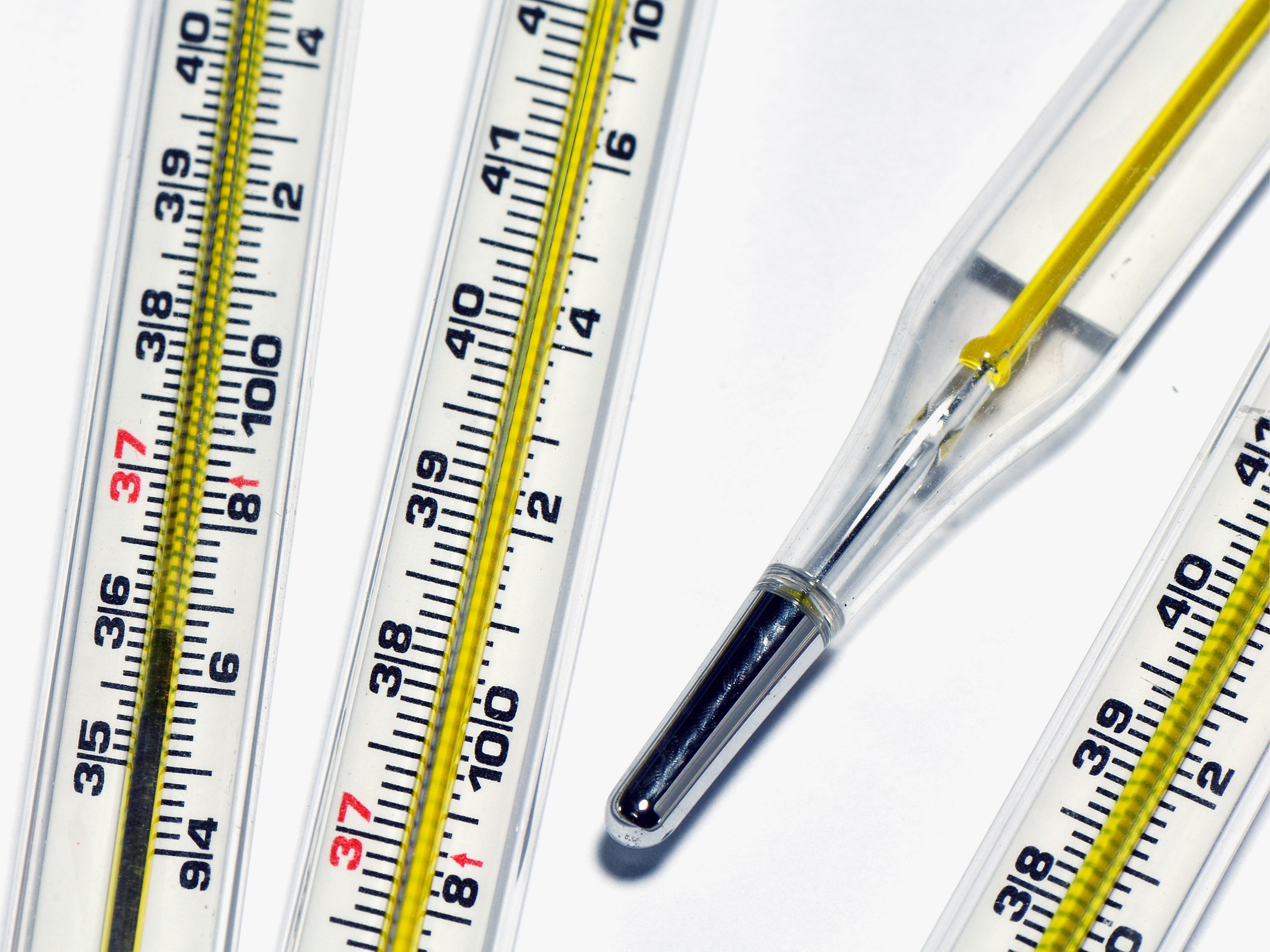
How air temperature affects sleep?
Experts have agreed that the temperature where you sleep and how comfortable you feel in that environment will affect your sleep. So there’s been lots of studies and assessments and journals that have been posted over the years. Our experts have simply just sat down and tracked how the air and the temperature have really affected sleep.
When you sleep, the temperature your brain is attempting to achieve and ends up going down. Your overall body temperatures going down or decreasing. So that mild drop in your body temperature is what allows you to finally fall asleep. Until your body basically drops that temperature. It becomes very hard to fall asleep.
Comfort is important
The comfort level of your room affects the quality of REM sleep which is the stage where you dream. So the more comfortable you feel in your room in your environment the better quality of REM sleep you will be able to achieve and the better dreams and more lucid dreams and stuff like that you’ll be able to have. If you don’t have that and you don’t feel comfortable in your room your REM quality is really bad because your brain can kind of gauge that and it’s not able to fully lock into the REM mode because it’s feeling uncomfortable.
The best temperature for sleeping
There are many studies on this and it’s been very interesting because as time goes along in the newer science, newer studies, the temperature keeps seems to drop more and more. The 60 degree is the best temperature for sleeping. And the reason for that is as I’ve looked at more studies and more research people have actually been saying that the temperature ideal for sleep is actually a lot lower than we thought. The typical recommendation is to keep your room between 65 and 72 degrees Fahrenheit.
Some scientists have said the ideal temperature between 60 to 68 whatever the case is. But I think it’s really depending on who you are and what makes you feel comfortable. But I definitely recommend setting whatever temperature you feel most comfortable sleeping in.
3. Consumption
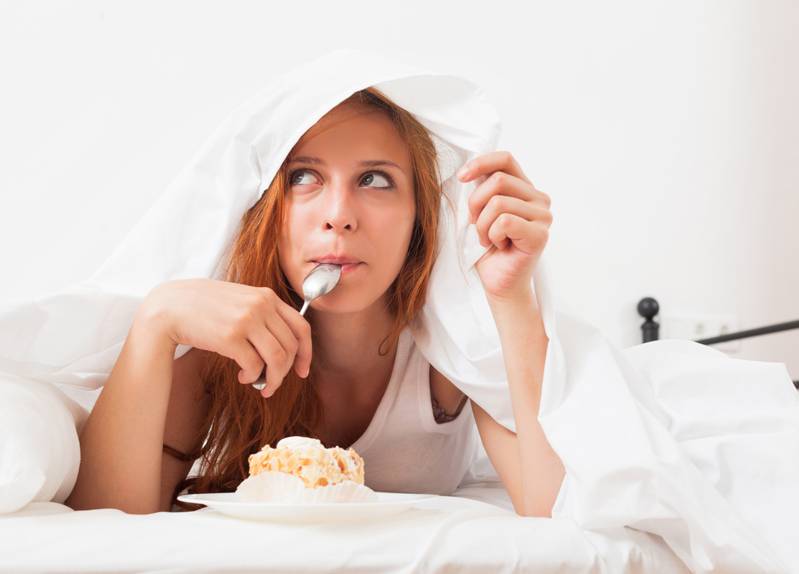
What does consumption mean?
Consumption is referring to the act of what you take into your body before you go to bed. So anything based on the items that you take into your body it will affect the way that you sleep. So more specifically, we’re referring to medications, alcohols, drinks, food items, anything like that so anything that you basically digestively consume before going to bed.
Consumption of alcohol
A lot of people have this misconception that drinking alcohol is a great way to go to sleep and to get good sleep. That’s actually very inaccurate. Alcohol might make you feel as if it’s helping you sleep much more easily. But in fact, alcohol is actually damaging your sleep pattern and it’s causing you to sleep more than you need to for the upcoming days.
Alcohol really affects the way that you get into REM sleep. So I am sure your REM cycle and sometimes even completely limits your REM cycle. So when it does that, as a result, you’re constantly in a very light sleep. You drink alcohol or whatever the case is the next morning you wake up very early or you can still wake up through your sleep. As soon as the alcohol’s effects wear off. So that’s something that you want to be careful and keep in mind that alcohol is not a good stimulant for sleep.
Consumption of caffeine
Caffeine essentially will prolong the time in which you need to sleep. So if you need to stay awake for an extra few hours or whatever the case is a common belief is that she drinks some caffeine. That’ll keep you alert and awake. But when you’re caffeine crash does come down you feel far more tired and you actually end up needing more sleep than you would have needed before.
And typically you should stop drinking caffeine after 2:00 pm at the latest because it will affect the way that you sleep and it’s going to affect your sleep causing you to end up sleeping more or feel more groggy you’re tired when you do get up. So that’s another key thing that you want to be sure of.
The best thing to do
Don’t consume anything a few hours before going to bed that will alter your sleep pattern. That’s not going to help you and it’s only going to cause you to be sleepier and feel much worse. Depending on what you take. It can be a very bad thing for you if you end up taking the wrong or consuming the wrong things. Because it will adversely affect your sleep patterns.
You should also careful with is medications like different medications whether sleep medication or whatever the case is. Those types of things can also alter your sleep patterns, make you drowsy or quicker, keep you awake longer. You also want to monitor the side effects beyond that.
